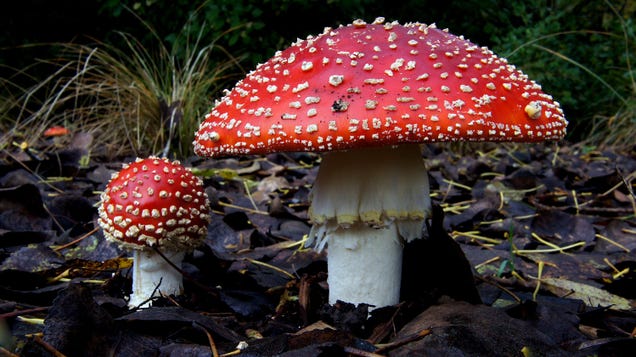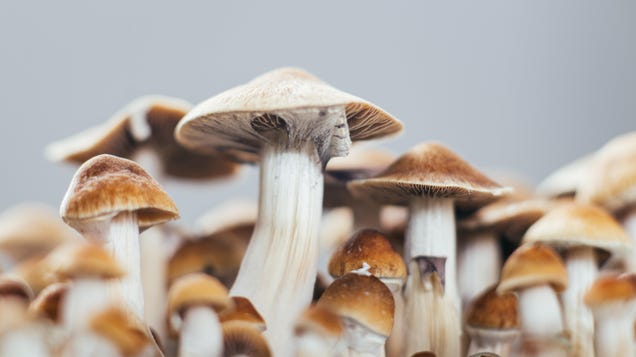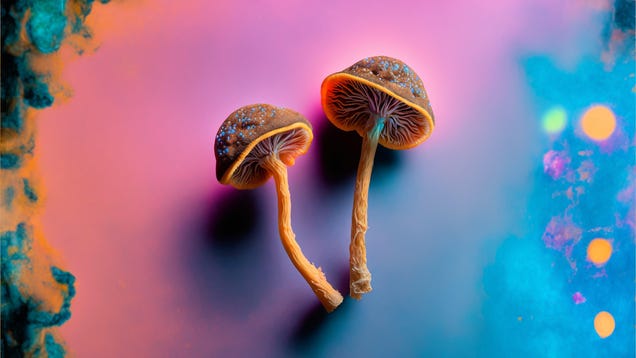Peggy Van de Plassche

Danielle Meinert

An emerging alternative to psychedelic mushrooms is more dangerous than advertised, public health researchers are warning.
iStock; Rebecca Zisser/BI
Mike Bryk

Researchers in Australia have analyzed the genomes of over 100 commercial and wild-grown varieties of Psilocybe cubensis, a psychoactive fungi known as the magic mushroom. The findings may eventually help growers develop “designer shrooms” that have their own unique health benefits, the team says.

New research out this week is the latest to show that psilocybin—the active ingredient in magic mushrooms—can be a viable treatment for depression. The randomized Phase II trial found that a single dose of psilocybin combined with therapy significantly reduced people’s depression symptoms when compared to placebo over…
